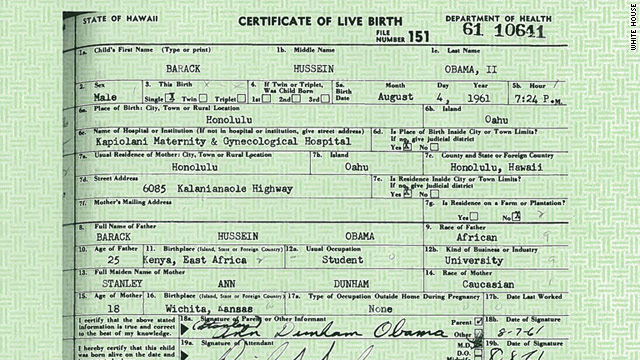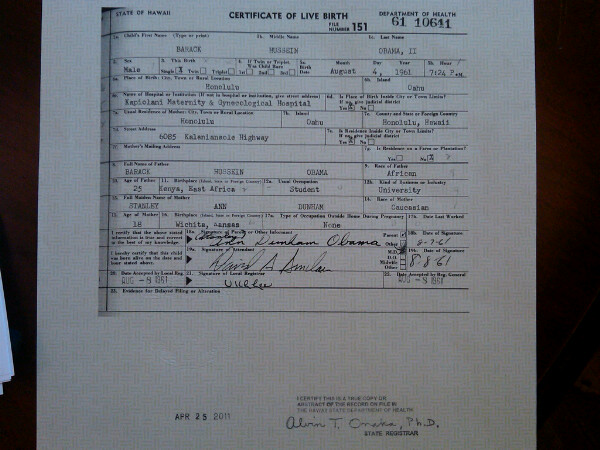Elk v. Wilkins 112 U.S. 94 (1884)
“The distinction between citizenship by birth and citizenship by naturalization is clearly marked in the provisions of the constitution, by which ‘no person, except a natural-born citizen, or a citizen of the United States at the time of the adoption of this constitution, shall be eligible to the office of president;’ and ‘the congress shall have power to establish an uniform rule of naturalization.’ Const. art. 2, 1; art. 1, 8. By the thirteenth amendment of the constitution slavery was prohibited. The main object of the opening sentence of the fourteenth amendment was to settle the question, upon which there had been a difference of opinion throughout the country and in this court, as to the citizenship of free negroes,
Scott v. Sandford, 19 How. 393 and to put it beyond doubt that all persons, white or black, and whether formerly slaves or not, born or naturalized in the United States, and owing no allegiance to any alien power, should be citizens of the United States and of the state in which they reside.
Slaughter-House Cases, 16 Wall. 36, 73;
Strauder v. West Virginia 100 U.S. 303 , 306
This section contemplates two sources of citizenship, and two sources only: birth and naturalization. The persons declared to be citizens are ‘all persons born or naturalized in the United States, and subject to the jurisdiction thereof.’ The evident meaning of these last words is, not merely subject in some respect or degree to the jurisdiction of the United States, but completely subject to their political jurisdiction, and owing them direct and immediate allegiance.”
.



















